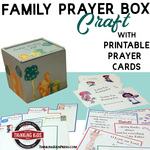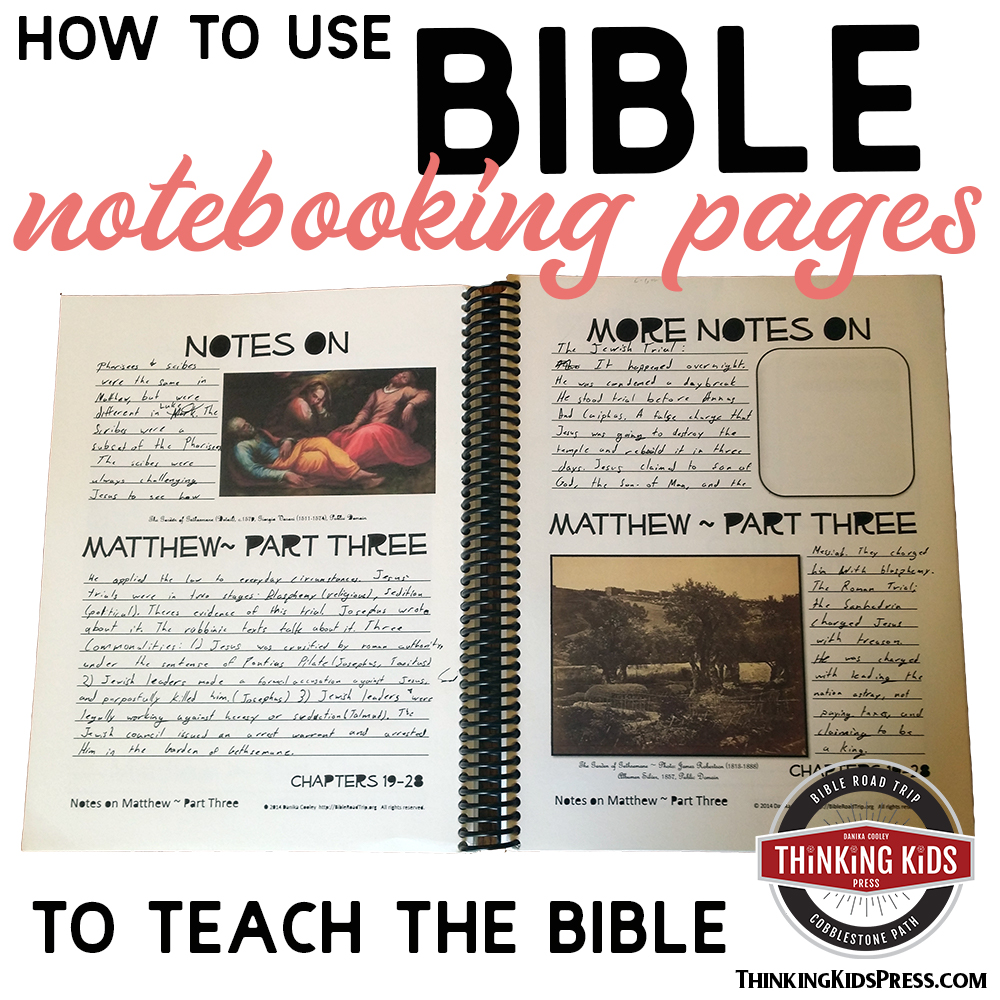
I have. Right after college my friend and I decided to set out on a trip across the southern United States in her car. It was before all this fancy internet stuff really took off, so I rode the bus to the local AAA and picked up some atlases. We set out with the vague plan of taking a few weeks and just stopping anywhere close enough to the main road that looked interesting.
I really wanted to see some alligators. My friend wasn’t sold on the idea.
We made it from Seattle to San Diego before I got ill. For a week. We were stranded while I recovered, and then we went home.
As disappointing as that was, it wasn’t really a surprise now that I look back on it. I mean, we really didn’t have strong objectives when we set out. There was no real reason for our trip. We just wanted to say we’d been somewhere.
Developing Homeschool Objectives
In your homeschool, it’s so very important that you develop homeschool objectives. You need learning objectives that will keep you going through the hard times, give you benchmarks for how you’re doing, and keep you on the path to success–the success you have decided to reach for.
The exciting thing about homeschooling is that you can set different learning objectives for each child. Do you have a child learning to read with dyslexia, and a child with advanced reading skills? No problem! They can both succeed at their learning goals because you can set different goals for each of your homeschool students.
I’ve been through setting up Individualized Education Plans for a number of students, both on the parental side and as an educational planner for institutionalized children with learning needs.
I love planning.
We’ve been homeschooling for enough years now that I feel like I have a good system worked out for our family, and now I want to share it with yours.
I’ve even developed a comprehensive My Homeschool Planning Journal for you to use to optimize your success. I’ve been using this planning journal for years now and it’s the key to my consistency in homeschooling.
Let’s talk about how you can develop learning objectives for your children.
Plan your homeschool objectives, your subjects and curriculum, and your weekly and daily schedules with the My Homeschool Planning Journal.
Learning Objectives for Each Child
Let’s be honest. Homeschooling isn’t always cupcakes and butterflies. Sometimes it involves character development, discipline, and trudging through the daily grind. When we homeschool, life events can really throw a wrench in our plans. It’s easy to get derailed.
What can we do to prepare for the unexpected? We can identify and prioritize our purpose.
We need to approach each homeschooling year knowing why we’re doing what we do. It’s also important to honestly assess where our kids are at, where we’d like them to be, and how we can help them get there.
Check out these important questions to ask yourself and your spouse when setting your homeschool learning objectives:
1) Why are we homeschooling?
This will be a short statement of the most compelling reason you have to homeschool. If you have several, you can make bullet points.
2) What’s most important to us?
What values are most important to you as a family? As parents, what do you want to communicate to your children in the short 18 years you have them as students?
3) If we could only teach one thing this year, what would it be?
Of course you want to teach multiple subjects and values to your children. But what is the one thing that is non-negotiable in your home? When life happens (and it does happen), it’s important to know what you can let go of for a time—and what you won’t.
4) Our Homeschool’s Guiding Scripture
Once you have the reason you homeschool, your primary family values, and the one thing you must teach, what Scripture verses are you looking to in these decisions? What Scripture guides your values as a family? Write it out so you can reference it often!
![Homeschool Curriculum Planner [In Three Designs]](jpg/homeschool-curriculum-planner-obj.jpg)
Need some help setting homeschool objectives? Grab the My Homeschool Planning Journal!
Once you’ve established your family values and how they affect your homeschool, you’ll want to plan your educational objectives for each student in the following areas:
- Spiritual Development
- Physical and Life Skills Development
- Academic Development
- Relational Development
You can plan your learning objectives in each of these areas by first identifying:
- What you are focusing on with each student
- How you can help teach that skill or value to your child
- How school will play a part in your child’s development in that area
You can learn more about the My Homeschool Planning Journal. Not only will it help you drill down even further with determining your homeschool objectives, it will help you plan your subjects and supplies, as well as give you structure for scheduling your homeschool year.
Now that you know just a little more about planning your homeschool learning objectives, drop down to the comments and let us know your reason for homeschooling.
Books Make Great Gifts!
Teach Your Kids the Bible with Bible Road Trip™

Bible Road Trip™ is a three-year Bible survey curriculum. Take your family through the Bible five times from preschool to high school.
To help you get the most out of your studies, Bible Road Trip™ has an array of coordinating weekly activities:
- Researching the section of the Bible you’re studying
- Reading and discussing the Bible
- Memorizing Scripture
- Notebooking about your studies
- Praying for the nations
- Suggestions for further study
- Crafting about what you’ve learned
- For your older students: A project to share what they’ve learned
- Bible Road Trip™ also has some great tools you can use along with it, such as:
- Notebooking Journals for grades 1-9. Want a structured notebooking journal for high school? Don’t hesitate to use the Dialectic journal (grades 7-9).
- Bible Memory Card Sets for all five levels of study, preschool to high school. These are available in both ESV and KJV.
Grab your Bible Road Trip™ Year One Sample Pack. You’ll get:
- The Bible Road Trip™ Parent / Teacher Guide.
- The first three weeks of the curriculum for all five learning levels. Week Three is where we really dive into the Bible and begin to our systematic study. Week Three will give you a good feel for the rest of the curriculum.
- The first three weeks of the Bible Memory Card sets for all five levels, in ESV and KJV.
- The first three weeks of each of the three leveled Notebooking Journals.
Grab the Sample Pack for FREE:

Disciple your kids by taking your family through the Bible together in a meaningful way!

Bible Road Trip™ Curriculum
Take a look inside the Bible Road Trip™ curriculum! Let me show you around:
Bible Resources for Your Kids
Learn More HereLearn More HereLearn More HereLearn More HereLearn More HereLearn More Here
More Thinking Kids Posts You’ll Love

Join the newsletter

Get the Family Prayer Box Project FREE!
Teach your children to pray with this fun project that includes 7 printable sets!































































































































































amazing!!! Thank You for doing this
It’s my pleasure!
This is beautiful! Can’t wait to start using it. Thank you so much for offering it for free!
You are so welcome!
just how do you print off or download- i am not able to figure it out or find a place to do so. thanks,a
Hi! You’ll need to head over to the store and purchase the journal here: https://thinkingkidspress.com/collections/homeschool-tools/products/my-homeschool-planning-journal
This is exactly what I have been needing. Thank you for doing this and sharing it with us! I have long believed in having a mission statement, and also having a Bible verse for each school year, but something was always missing. I pray this helps me to focus more on the important things of homeschooling, and not get caught up in things that are so temporal.
May God continually bless you!
Thank you for this resource. What a blessing!